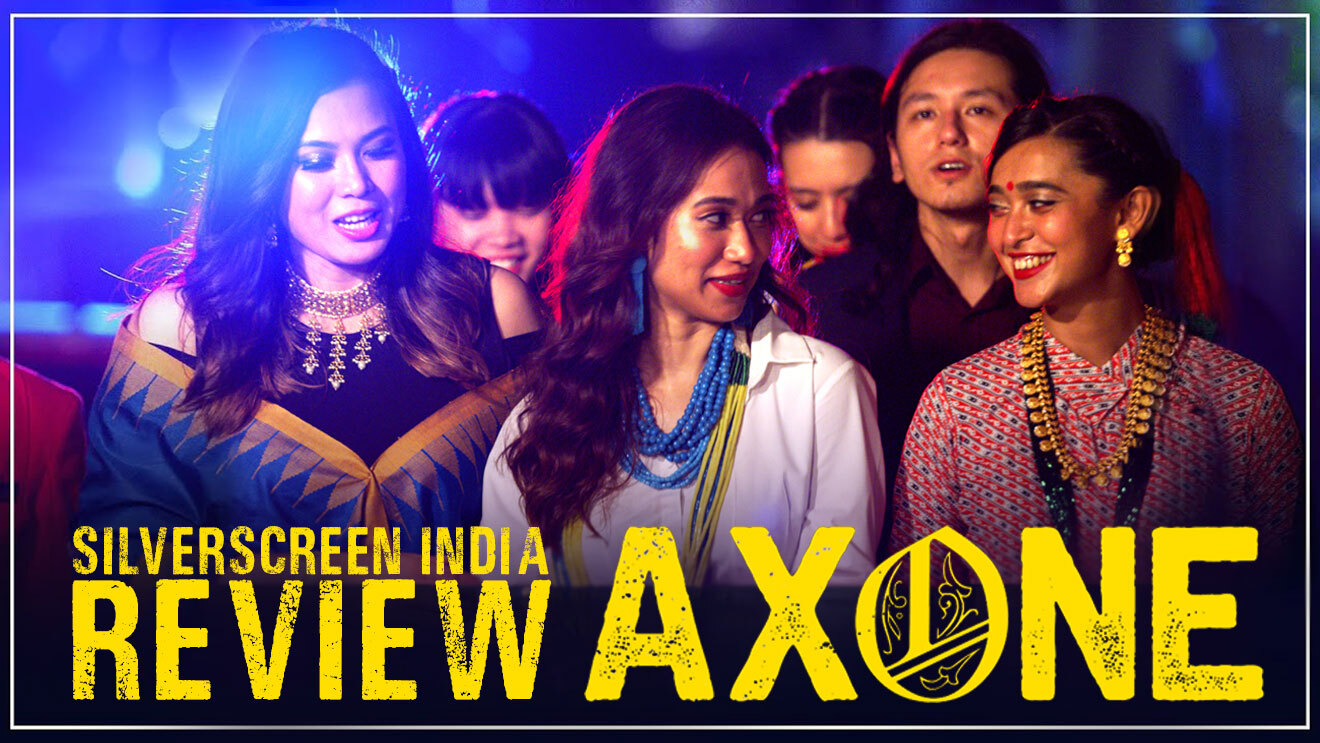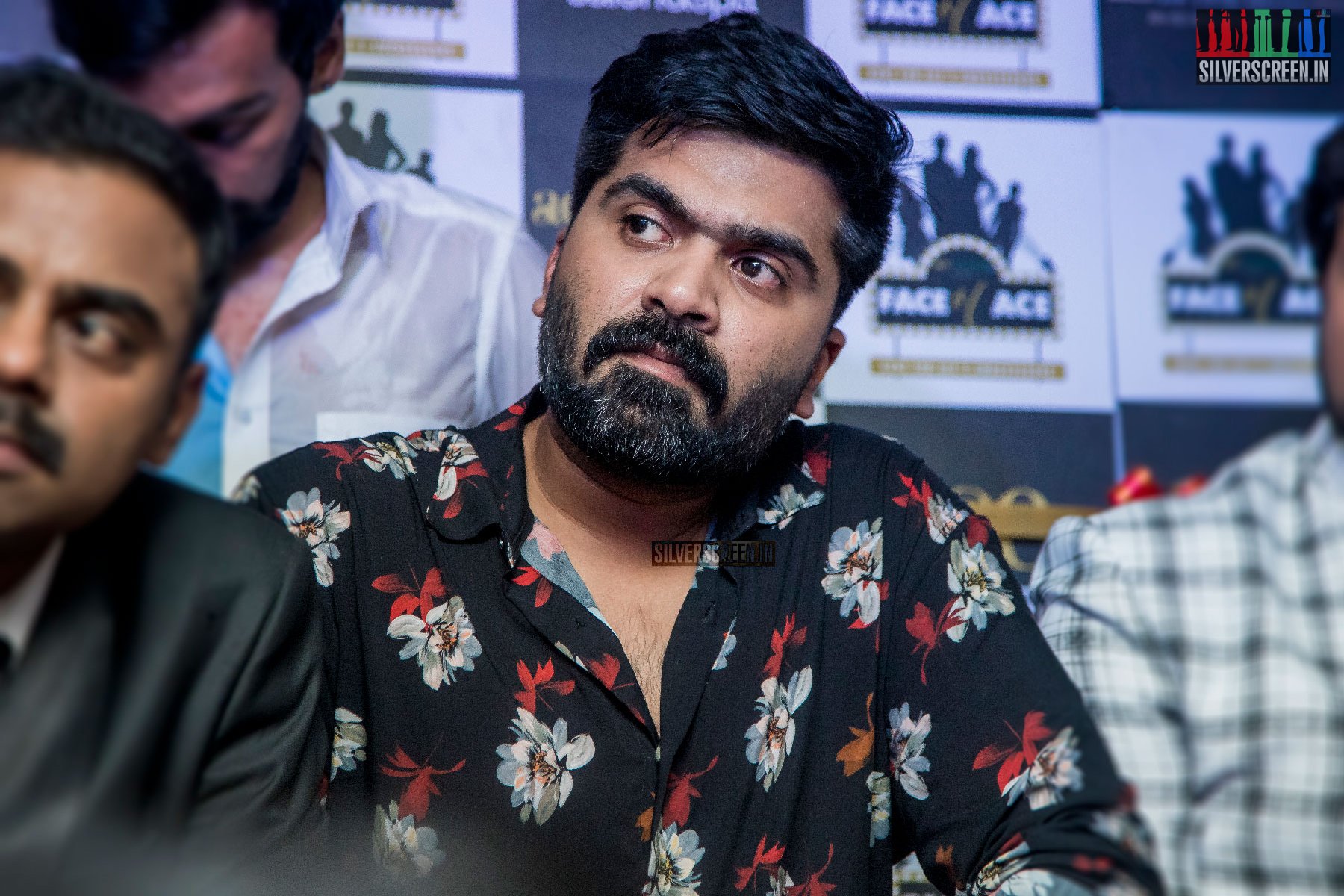Director: Narendra Nath
Cast: Keerthy Suresh, Jagapathy Babu, Rajendra Prasad, Naveen Chandra, Naresh, Nadhiya
“I drink tea when I am happy and I drink coffee when I’m angry,” says the protagonist of Miss India, a Telugu language film written and directed by Narendra Nath. Unwittingly, this bland line captures the essence of the film, a trite saga of a woman who dreams about starting a business and accomplishes it.
The rise of feminism as an ally of brand marketing has thrown a hard challenge at our commercial filmmakers. How does a film stay woke without resembling that advertisement that places an empowered modern woman in a happy narrative where she gets everything she wants? Miss India is as formulaic as a fairness cream advertisement.
When we meet her first, the protagonist of Miss India, Manasa Samyuktha (Keerthy Suresh), resembles the empowered women in the abovementioned advertisements. Dressed in a bright silk saree, she is walking down the hall of her plush house in America which has walls adorned with her lifesize photographs. If this was an advertisement, there would be shots of her signing papers in her office and holding business conferences. But this is a feature film. So, Samyuktha takes the audience not to her conference room, but down the memory lane, to her “simple middle-class” childhood when she lived with her family in a palatial bungalow in rural Andhra Pradesh. A preposterous rags-to-riches story follows.
The film’s writing has the weight of cotton candy. Unable to be witty and complicated, it smothers the audience with lines from cheesy self-help books. To make a statement about feminism and woman empowerment, it centres itself on a young woman from an elite family, who goes from one grand house to another, who can afford to procure US visa overnight. The stakes and barriers are all too few.
Samyuktha has always wanted to be a businesswoman. In the pre-credits sequence, we see a 10-year-old Samyuktha announcing to her extended family that she will start a “business”. Cut to 10 years later, we see an adult Samyuktha repeating this line like she’s reading out from the pages of an old diary. Human beings, according to the film’s writer, are immune to changes. For someone with such a burning ambition, she takes a long time to decide what she wants to sell.
The narrative is haphazard; a pile of clichés. Rather than finding real challenges, the film puts Samyuktha in an absurd eggshell universe it creates out of pretensions. In the film’s world, chai, the regular Indian tea, is an alien drink in the US, the mention of which leave people dumbfounded. A customer at her parlour drinks the chai and instantly recovers from a voice problem. In a place bound by logic, Samyuktha’s little chai parlour should pose little challenge to anyone in a country full of expensive coffee shops and caffeine-addicts. But in this weird scheme of things, the Indian owner of a giant coffee chain (Jagapathy Babu) declares war on Samyuktha’s chai and does everything in his capacity to overthrow her.
The most feminist thing the film does is that it doesn’t give Samyuktha a male partner to share her success with. But in the same breath, the film pits a woman against another woman, to say the worst enemy of Samyuktha is not a man but a jealous member of her gender. Like many new Indian mainstream films like Secret Superstar, Miss India uses the Internet as a magic place where serious individual problems are magically resolved.
Miss India has a twisted understanding of poverty. In an early sequence, we see Samyuktha’s father, a banker, being diagnosed with Alzheimer’s disease. A voiceover informs us that the family slips into poverty in a month. Although, we know that she has a grandfather (Rajendra Prasad) who served in the Indian military and is now serving the village as a self-appointed doctor whose only prescription for every ailment is a miracle tea. What about his pension? Why doesn’t the family rent out a portion of their sprawling bungalow and pay the bills?
Of course, the answer lies in the social system the film naively approves of. Miss India is, essentially, a film that endorses the variant of feminism that functions within the old Indian caste system and holds hands with capitalism. Immediately after her brother is offered a job in the US, the family migrates to San Fransisco and moves into another sprawling bungalow. Never in the film does Samyuktha face difficulty in finding money, thanks to her social capital. The empowered modern woman in Miss India doesn’t want to do away with traditional hierarchies in a business firm. Her success is expressed through acts of narcissism. She is a patriot who namedrops Mahabharata and Bodhidharma in casual conversations, who prefers silk sarees to Western suits, whose burning ambition is to introduce Indian chai and Indian culture to the Western world. She might be in a different country, but she is a flagbearer of “Make In India”, who sells a product that has now been irretrievably linked to India’s incumbent prime minister.
Recommended
Like Nishabdham, which released on an OTT platform last month, Miss India features foreign supporting actors who can’t act to save their life. Mahanati (2018) might have fetched Keerthy Suresh the honours that she deserves, but it also seems to have landed her in a spate of poorly-written women-centric films. She is a charming and confident presence on the screen but Miss India asks nothing of her talent in underplaying. Her tenderness can barely balance out the film’s high-pitched ridiculousness.
*****
The Miss India review is a Silverscreen India original article. It was not paid for or commissioned by anyone associated with the film. Silverscreenindia.com and its writers do not have any commercial relationship with movies that are reviewed on the site.



